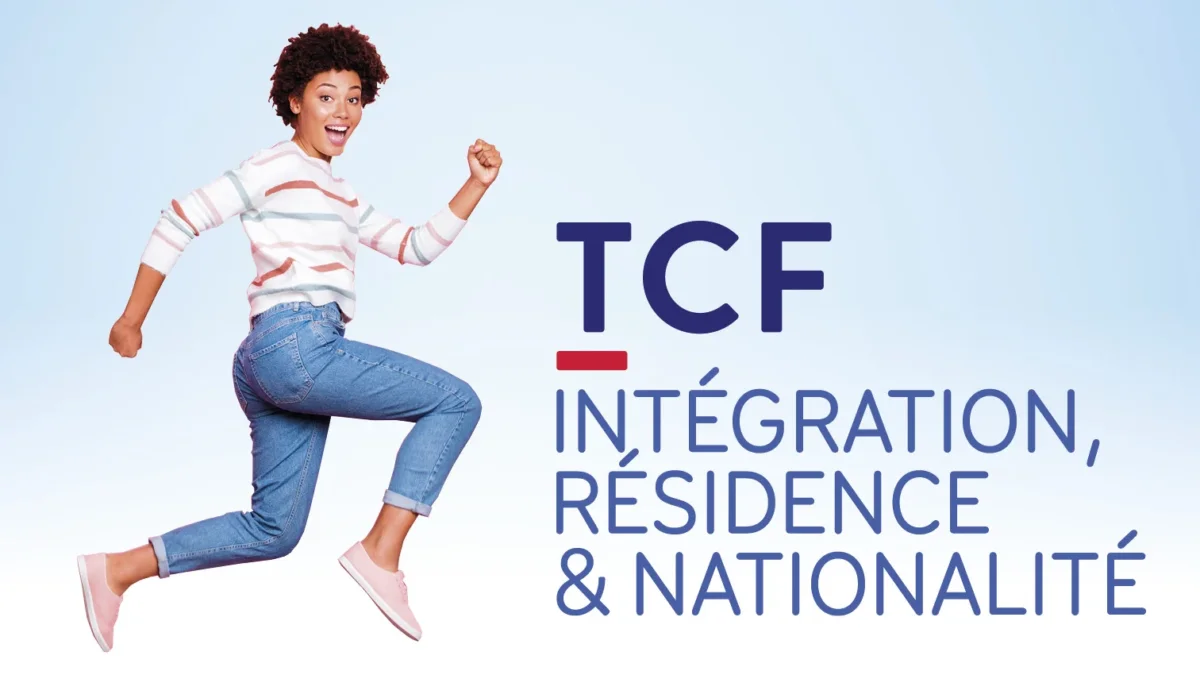DELF vs TCF: Which French Exam Should You Choose?
Diploma vs Test? Lifetime validity or quick results? A complete guide to understanding the differences between DELF and TCF to help you make the right choice for your goals.
🔗 Quick Links – Exams & Preparation
When learning French as a foreign language, many learners eventually need to take an official exam to prove their level. Two of the most common French language certifications are the DELF and the TCF. Although both are internationally recognized and issued by the French Ministry of Education, they serve different purposes and follow very different formats.
Understanding the difference between the DELF and the TCF will definitely help you make the right decision and pick the exam that best suits your goals.
🎓 The Main Difference: Diploma vs Test
DELF (Diplôme d’Études en Langue Française)
The DELF is a diploma. This means that once you pass it, the certification is valid forever. You receive an official diploma certifying that you have achieved a specific level of French.
- Permanent certification
- Like a university degree
- Pass or Fail system
TCF (Test de Connaissance du Français)
The TCF is a language proficiency test. It evaluates your level at a given moment, giving a “snapshot” of your skills. The results are valid for only two years.
- Temporary certification
- Like IELTS or TOEFL
- No fail – you get a score
📊 Levels and Structure
The DELF is divided into separate diplomas. Each corresponds to a certain level of the CEFR (Common European Framework of Reference for Languages).
How it works: Candidates must choose one level in advance and pass all parts of that level to obtain the diploma. You either pass or fail; there is no partial result.
The TCF works differently. It is a level-placement test that assesses your French skills and places you on the CEFR scale.
How it works: Unlike the DELF, the TCF evaluates all levels of the CEFR in a single exam. You do not get to choose a level beforehand; your score determines it for you.
📝 Exam Format & Skills Tested
Both exams assess the four main language skills: listening, reading, writing, and speaking, but the format differs significantly.
👂 Listening
DELF: Uses level-specific real-life tasks, such as understanding announcements, conversations, or short interviews.
Focus: Comprehension in context
TCF: Relies on standardized multiple-choice questions (MCQ).
Focus: Quick analysis & key info
📖 Reading
DELF: Includes practical texts like emails, articles, or instructions requiring written answers.
Focus: Detailed understanding
TCF: Uses multiple-choice texts to measure overall comprehension quickly.
Focus: Speed & accuracy
✍️ Writing
DELF: Requires level-specific written tasks (messages, letters, essays, reports).
Focus: Expression & structure
TCF: Tests general proficiency. Can be optional depending on the version (e.g., compulsory for TCF Canada).
Focus: General ability
🗣️ Speaking
DELF: Involves face-to-face interaction with examiners, including role-plays and monologues suited to the level.
Focus: Interaction & fluency
TCF: Shorter and more structured interview. Can also be optional.
Focus: Spontaneous responses
⚡ Quick Comparison Table
| Feature | DELF (Diploma) | TCF (Test) |
|---|---|---|
| Validity | Lifetime ♾️ | 2 Years ⏳ |
| Type | Pass/Fail Diploma | Placement Test (Score) |
| Levels | Choose 1 Level (A1-B2) | All Levels (A1-C2) |
| Format | Real-life tasks | Multiple Choice (mostly) |
| Purpose | Personal/Professional Achievement | Immigration/Visa/University |
| Result Time | ~10 weeks | ~4 weeks |
🎯 Purpose and Target Audience
Choose DELF if…
- You want a long-term certification valid for life.
- You are a student, professional, or language enthusiast.
- You want to officially validate a specific level (e.g., B2).
- You are building a CV for long-term career goals.
- You prefer real-life tasks over multiple-choice questions.
Choose TCF if…
- You need quick results for a specific procedure.
- You are applying for immigration (e.g., Canada).
- You need proof of level for university enrollment now.
- You want a “snapshot” of your current level on the A1-C2 scale.
- You are comfortable with multiple-choice test formats.
🚀 Final Verdict: Which One Should You Choose?
Overall, while both exams assess French proficiency, choosing between DELF and TCF depends entirely on your objective.
➡️ If you want a permanent diploma that certifies a clearly defined level for life, the DELF is usually the better option.
➡️ But if you need quick, up-to-date proof of your French level for a specific administrative procedure (like a visa or university application) and at a given moment, then the TCF may be more appropriate.
Ready to Prepare for Your Exam?
Whether you choose DELF or TCF, Interactive French has the expert courses to help you succeed. Join 5,000+ students achieving their goals!

